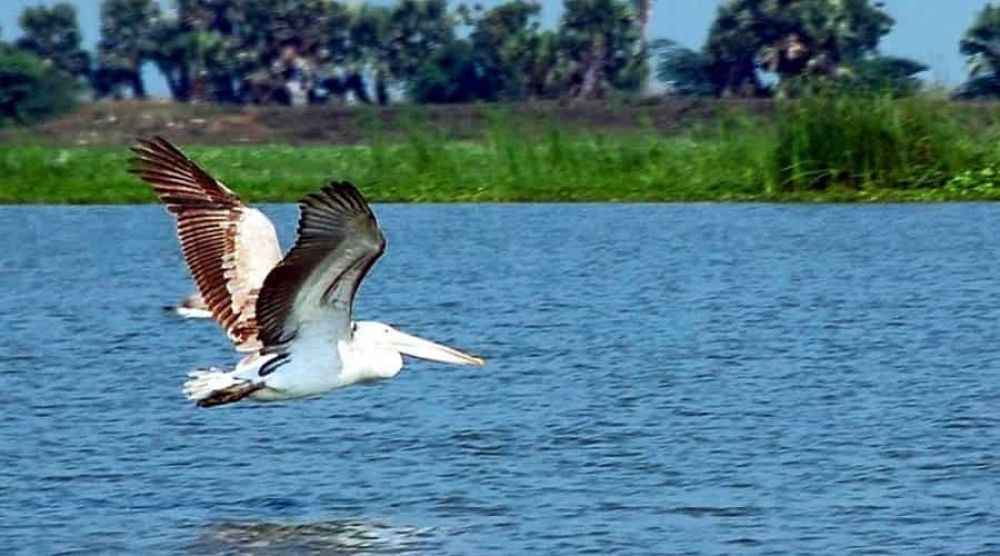

Kolleru Lake, located between Krishna and West Godavari districts near the city of Eluru in Andhra Pradesh, India, is one of the largest freshwater lakes in the country. This sprawling aquatic haven is recognized for its rich biodiversity and has been designated as a wetland of international importance under the Ramsar Convention. Tourism at Kolleru Lake has a history that not only involves natural beauty but also encompasses cultural significance and ecological awareness.
The lake’s historical importance can be traced back to pre-colonial times, where it was part of the cultural and economic tapestry of the region. However, organized tourism in Kolleru Lake started gaining momentum in the late 20th century, as the government, along with environmental organizations, began promoting the lake’s unique environment and the plethora of bird species that migrate here annually.
With the initiation of the eco-tourism project in the early 2000s, there was a push to make Kolleru Lake a destination for nature enthusiasts and birdwatchers. The Atapaka Bird Sanctuary, located on the lake’s edge, became a hot spot for ornithologists and photographers wishing to catch a glimpse of exotic birds such as the Siberian Crane, Ibis, and Painted Storks, especially between November and March when migrations peak.
Cultural tourism also plays a significant role in Kolleru Lake’s tourism scene. The lake holds a sacred place in local folklore and is adjacent to several temples, including the famous Dwaraka Tirumala or "Chinna Tirupati", enhancing the spiritual allure for pilgrims.
In recent years, there has been an increased focus on sustainable tourism to ensure that the ecological balance of Kolleru Lake is not disturbed. Efforts such as regulated tourism zones, visitor education on conservation, and community-based tourism initiatives have been undertaken to secure the lake’s future.
Despite its popularity, Kolleru Lake has faced challenges like pollution and illegal encroachments, which have led to a decline in the water quality and bird population. Conservation measures spearheaded by both the government and non-profit organizations have aimed at combating these issues and restoring Kolleru Lake to its pristine state.
The latest tourism trend in Kolleru Lake emphasizes responsible travel practices and immersive local experiences. Tourists are now looking for authentic engagements, such as participating in local festivals or learning about the conservation efforts firsthand.
Kolleru Lake has traversed a complex journey in terms of tourism. From being a haven for biodiversity and a serene escape for tourists seeking communion with nature, to grappling with conservation challenges, the lake's tourism history reflects a microcosm of the wider narrative of environmental tourism in India. As Kolleru Lake continues to be an important site for bird watchers, nature lovers, and cultural enthusiasts alike, its history makes it clear that balancing ecological preservation with tourism is essential for the lake’s sustenance and legacy.